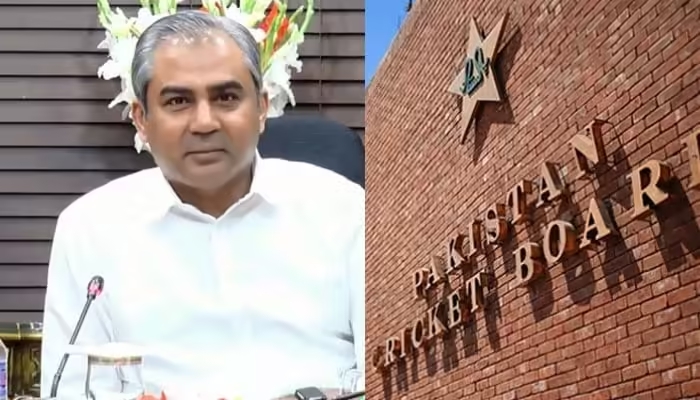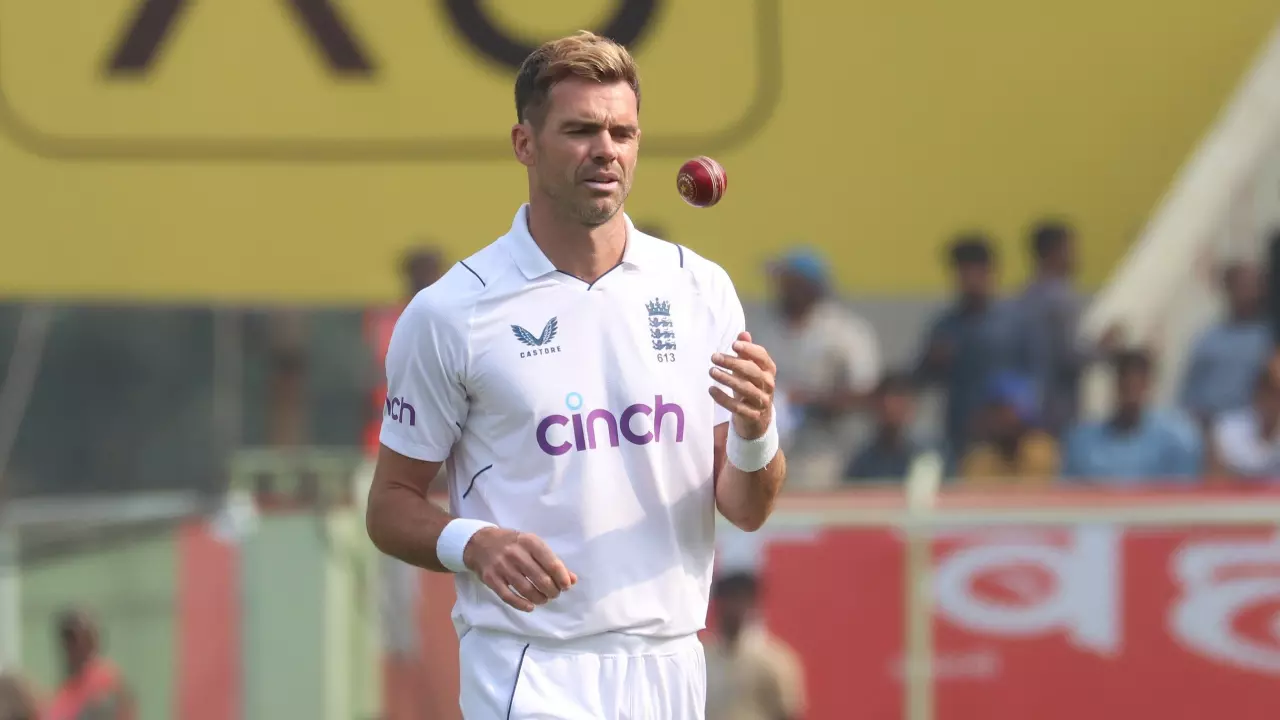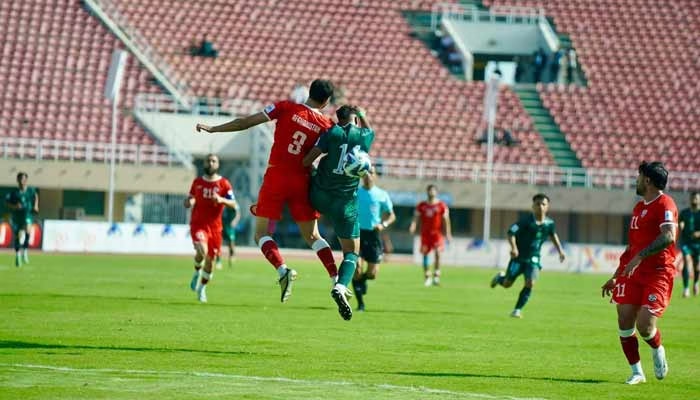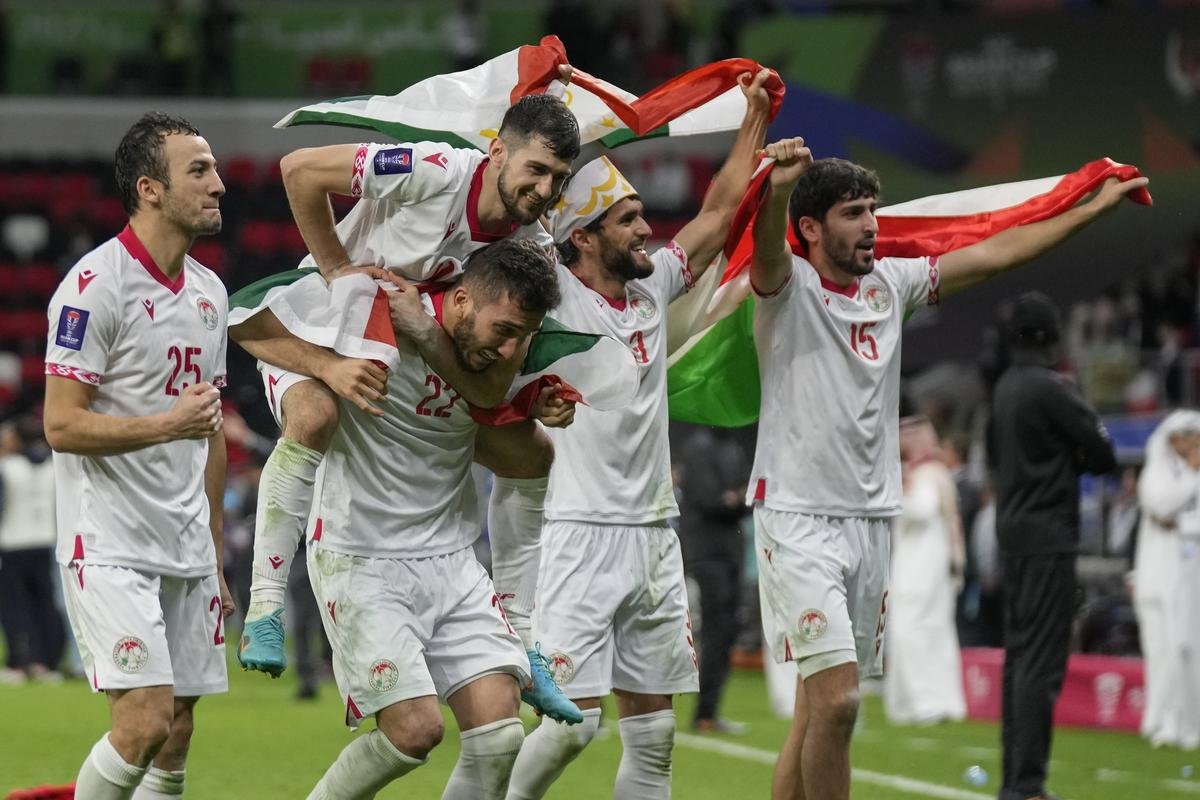In a pivotal meeting held in Lahore, Chairman PCB Mohsin Naqvi engaged with over two dozen former cricketers to discuss the future of Pakistan cricket. The discussions largely focused on the domestic cricket structure rather than the current national team, with an aim to create a more robust pathway for upcoming players.
Pathway to Pakistan Cricket
The meeting began with a presentation titled “Pathway to Pakistan Cricket,” detailing the stages a cricketer must pass through to reach the national team. During this presentation, former Test cricketer Sikandar Bakht highlighted the absence of U-19 cricket in the pathway. It was then clarified that U-19 cricket is integral to the plan and will be given significant importance.
Scheduling and Domestic Cricket
Sikandar Bakht also raised concerns about the scheduling of domestic cricket and suggested a mechanism for team selection that prioritizes first-class cricket. All former cricketers present agreed on the necessity of playing four-day cricket first in the domestic season (September-October), followed by one-day cricket. Chairman Naqvi expressed his commitment to implementing this proposal.
Former captain Salman Butt emphasized the importance of four-day cricket and advocated for more tours for the A team, U-19, and U-16 teams to Australia, South Africa, and England. He also suggested selecting teams based on recent performance and conducting school cricket to foster young talent.
Team Selection and Development
Salman Butt proposed that 16 regions and 10 departmental teams be considered for selection in the pan-Angular structure. He also recommended making the NOC for two leagues conditional on participation in at least five first-class matches. Former Chief Selector Haroon Rasheed suggested developing a coaches’ program and decentralizing regional affairs to ensure grassroots development.
Improving Infrastructure and Coaching
Former cricketer Ikhta Alam stressed the need for better attention to four-day and U-19 cricket, as well as improving the conditions of the grounds. He also suggested involving departmental teams in decision-making processes. Abdul Rauf advocated for hiring educated cricketers, while Asim Kamal recommended introducing coaching courses at the U-16 level. Yasir Hameed emphasized changing the mindset that great cricketers automatically make great coaches.
Current Team Performance
Though the meeting did not formally address the current performance of the Pakistan cricket team, former cricketer Sadiq Muhammad voiced his frustrations, criticizing the national team’s selection. He used the term “pathetic” to describe the selection process and argued that the team only had four capable players, while the rest were not up to par.
Cricketers’ Pensions and Facilities
Basit Ali brought up the issue of suspended pensions for former cricketers. Chairman Naqvi assured him that this matter would be resolved promptly. The chairman also appreciated the suggestions made by the players and expressed a strong determination to establish academies in cities and improve stadium conditions. He acknowledged the critical importance of four-day cricket and pledged to provide more tours for the A team and U-19 to build a stronger bench.
The meeting concluded with a mutual agreement on the need for structural improvements in domestic cricket, better scheduling, and enhanced support for young cricketers. Chairman Naqvi’s willingness to listen and act on the suggestions of former cricketers signals a positive step towards a more structured and sustainable future for Pakistan cricket. This collaborative approach aims to address the current challenges and build a stronger foundation for the next generation of cricketers.



